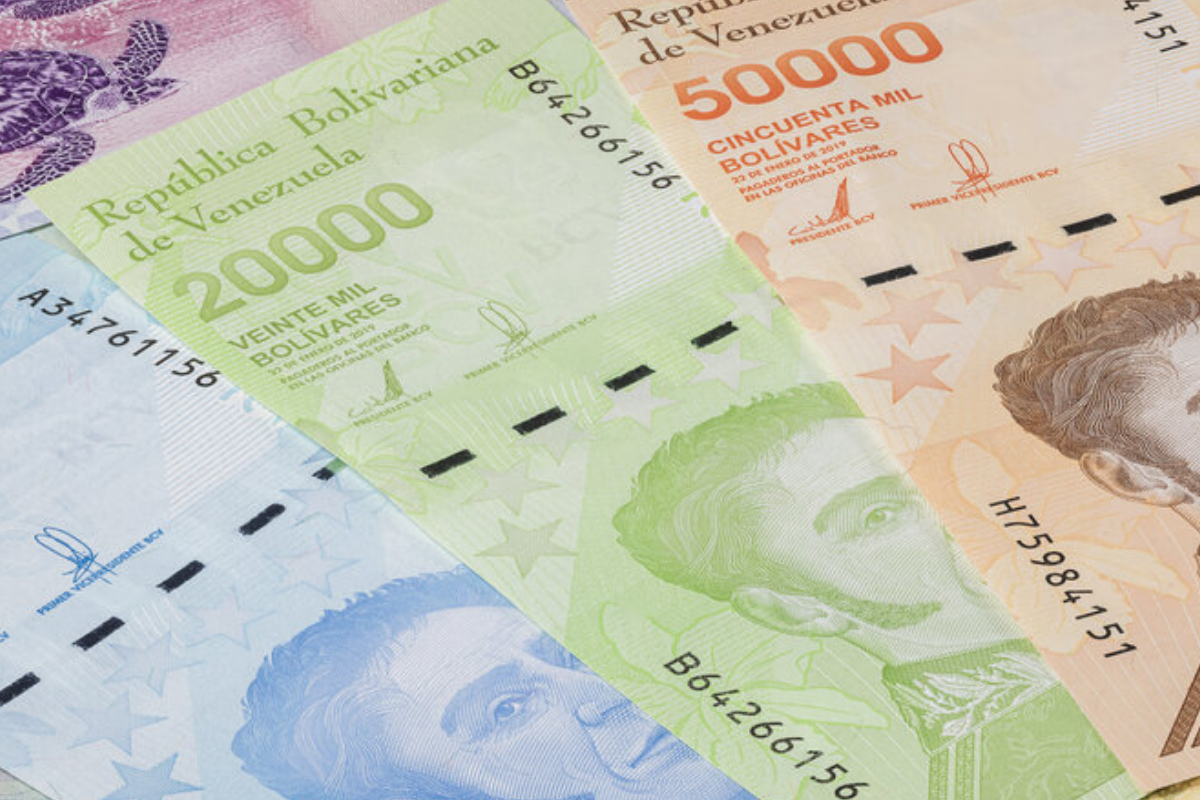- The depreciating bolivar makes it more difficult for Venezuela’s government to control inflation.
- Economists predict hyperinflation may return this year due to the economy’s nascent economic growth.
- Consumer prices rose 37.2% in December compared to November.
According to official data for Wednesday, the depreciating bolivar fell to 20 per dollar, making it more difficult for President Nicolas Maduro’s administration to control inflation.
According to economists, the bolivar has lost 14% of its value this month. They predict that due to the economy’s nascent economic growth, hyperinflation may return this year.
According to estimates from the Venezuelan Finance Observatory, a non-governmental organisation of economists, consumer prices increased by 37.2% in December compared to November. The Observatory forecasts that annual inflation will reach 305% in 2022.
Since October, the central bank has not released any inflation statistics.
“It is now clearer that there is a new inflation spiral coming because of the jump in the exchange rate without an economic program,” said economist Jose Guerra.
For nine months in the previous year, inflation was kept under control by the government using traditional methods like credit and spending restrictions and tax increases.
However, as costs climb and public sector employees, who last received a pay raise in March 2022, fight for higher compensation, the policy is beginning to show weaknesses.
The current minimum wage in Venezuela is $6.50 per month.
Maduro promised in December that he would take rigorous action to stop the bolivar from falling in value, but he has yet to do so.
Controlling the exchange rate would necessitate larger weekly infusions of dollars into the banking system, which would be challenging given the decline in oil revenues, according to local consultancy firm Sintesis Financiera.
[embedpost slug = “/venezuela-teachers-march-for-better-wages-as-inflation-soars/”]

















